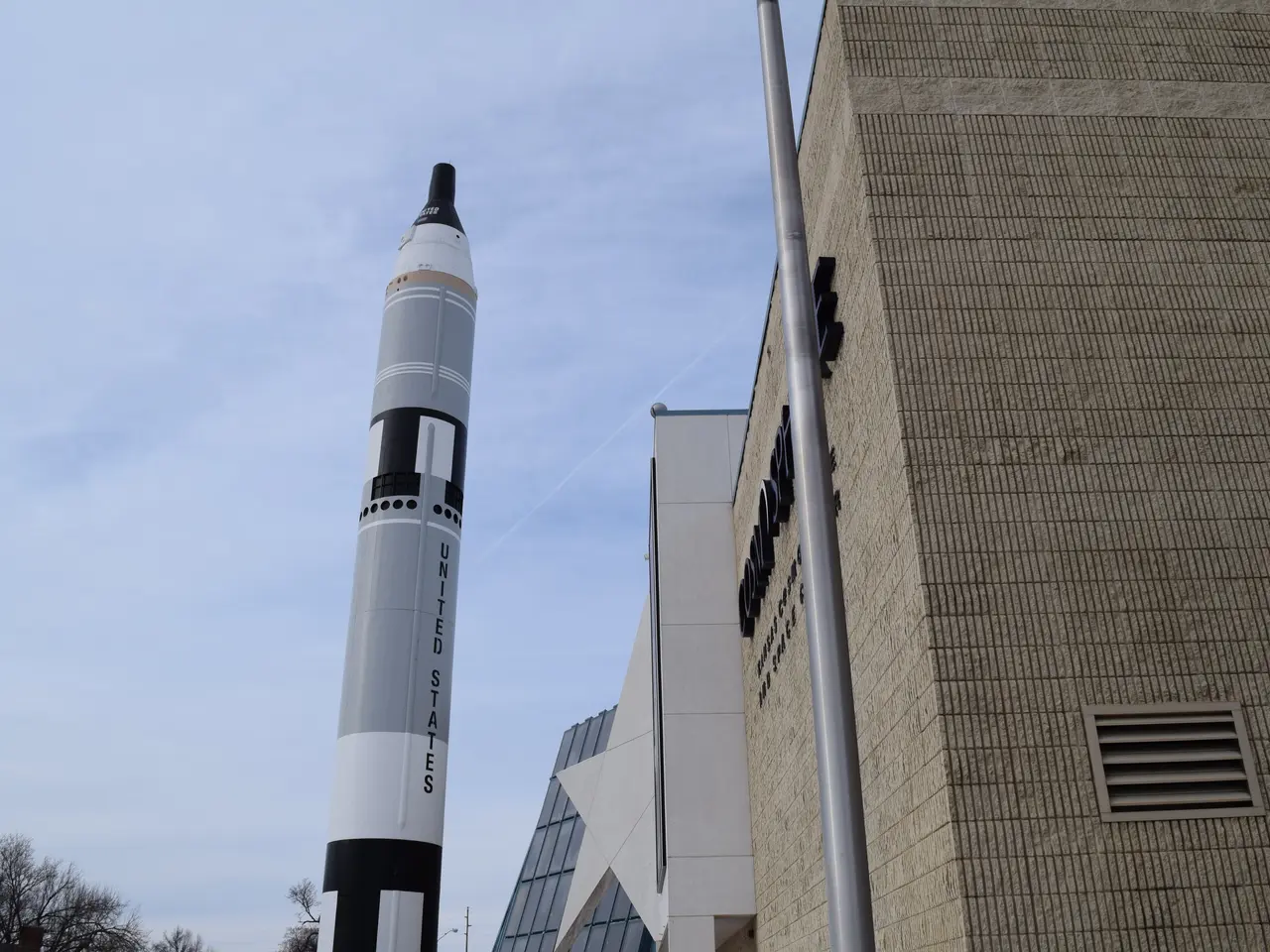Expansion of China's Market for Spacecraft Manufacturing
China's commercial space sector is experiencing a significant surge, with numerous private companies developing and operating their own launch vehicles. These companies are playing an increasingly important role in China's space ambitions, complementing the efforts of state-owned enterprises and driving innovation in the industry.
One of the key advancements in the sector is the development of reusable rocket technology. Companies like LandSpace, Sepoch, Space Pioneer, and China Aerospace Science and Technology Corporation (CASC) are actively competing to lead this field.
LandSpace, a private company based in Beijing, is developing the Zhuque-3, China's first vertically recoverable, reusable liquid-fueled commercial rocket. The Zhuque-3, with a diameter of 4.5 meters and a length of 66 meters, is capable of carrying up to 18 satellites per launch. Its first stage is designed for vertical landing with landing legs and grid fins, allowing reuse at least 20 times and potentially reducing launch costs by 80-90%. The rocket is powered by nine liquid oxygen-methane engines, producing over 7,500 kilonewtons of thrust, setting a new record for Chinese commercial liquid rockets.
Sepoch, another private company, has completed the first sea landing test flight of its reusable liquid oxygen-methane rocket at the Haiyang Oriental Aerospace Port in May 2025. The company integrates advanced technologies such as stainless steel construction and liquid oxygen-methane propulsion, aiming for a full spacecraft test flight later in 2025.
Space Pioneer, a private company focused on developing liquid-fueled rockets for the commercial market, is also competing in the reusable rocket race.
CASC, a state-owned major player in the sector, is also involved in reusable rocket development.
Beijing is emerging as the hub for China's commercial space push, with over 300 commercial space companies, including more than half of the top firms and unicorns in the sector. Clusters like the "Rocket Street" area host nearly 60 upstream and downstream enterprises, including over 70% of China's private full-rocket manufacturers.
In the coming years, we can expect to see more advancements in China's commercial launch vehicle sector, with a focus on reusable, methane-fueled rocket technology and a goal to dramatically reduce costs and increase launch frequency. This aligns with China's expansion in satellite deployment and space station logistical missions.
Science and technology are driving the space-and-astronomy sector in China, particularly in the development of reusable rocket technology. Private companies like LandSpace, Sepoch, and Space Pioneer are creating innovative solutions, such as the Zhuque-3, which is designed for vertical landing and reuse up to 20 times. Aerospace advancements also extend to state-owned enterprises, notably China Aerospace Science and Technology Corporation (CASC). These developments are taking place in hubs like Beijing, where over 300 commercial space companies, including major players like LandSpace, are actively innovating and pushing China's space economy forward. In the coming years, commercial space launch vehicles are predicted to focus on reducing costs and increasing launch frequency, supporting China's expansion in satellite deployment and space station logistical missions.




